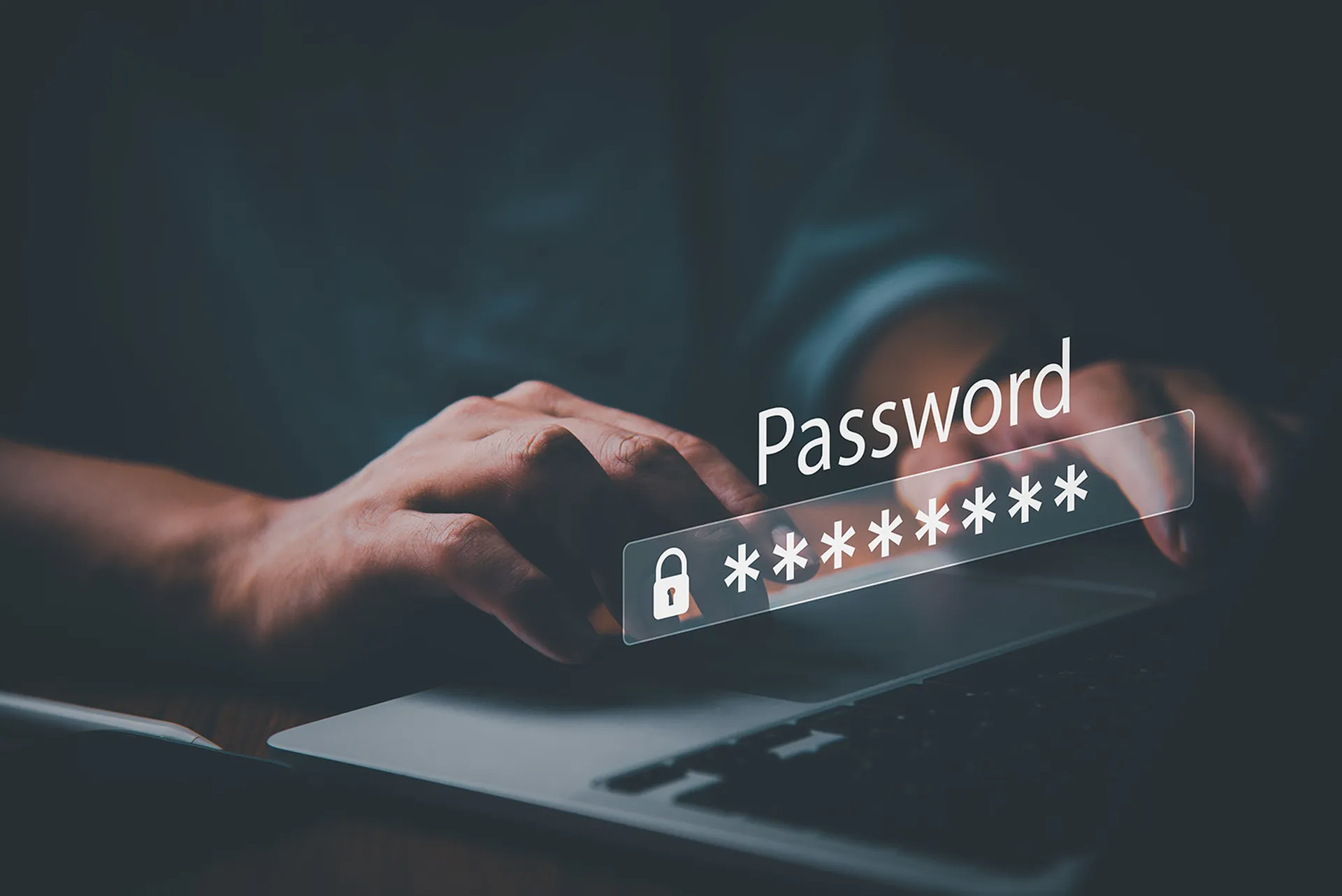Beginning today, Let's Encrypt is revoking more than 3 million of its Transport Layer Security (TLS) certificates, following the discovery of a bug that affects the way it rechecks CAA (Certificate Authority Authorization) records.
"Most subscribers issue a certificate immediately after domain control validation, but we consider a validation good for 30 days," explained Jacob Hoffman-Andrew, Let's Encrypt engineer, in a Feb. 29 post on the on-profit certificate authority's website. However, in cases where cert issuance is delayed for more than eight hours, Let's Encrypt must recheck CAA records, even though the records were originally checked during the domain control validation process. That's where the vulnerability comes into play.
Hoffman-Andrew described the bug, which was introduced on July 25, 2019, as follows: [W]hen a certificate request contained N domain names that needed CAA rechecking, Boulder would pick one domain name and check it N times. What this means in practice is that if a subscriber validated a domain name at time X, and the CAA records for that domain at time X allowed Let's Encrypt issuance, that subscriber would be able to issue a certificate containing that domain name until X+30 days, even if someone later installed CAA records on that domain name that prohibit issuance by Let's Encrypt."
Altogether, 3,048,289 certificates are infected, or roughly 2.6 percent of the approximately 116 million active certificates issued by Let's Encrypt, which is operated by the San Francisco, Calif.-based Internet Security Research Group. One million of these are duplicates of certificates that typically are reissued on a frequent basis, Hoffman-Andrew further explained on the Bugzilla website as well as in an FAQ page on the Let's Encrypt site.
Let's Encrypt identified its CA software vendor is Boulder. The cert authority said the bug was originally reported by a Let's Encrypt community member on February 18 and was fixed on Feb. 29. Let's Encrypt has since created a tool for users to determine if they are affected by the vulnerability. Affected subscribes are encouraged to renew and replace their impacted certificates.



